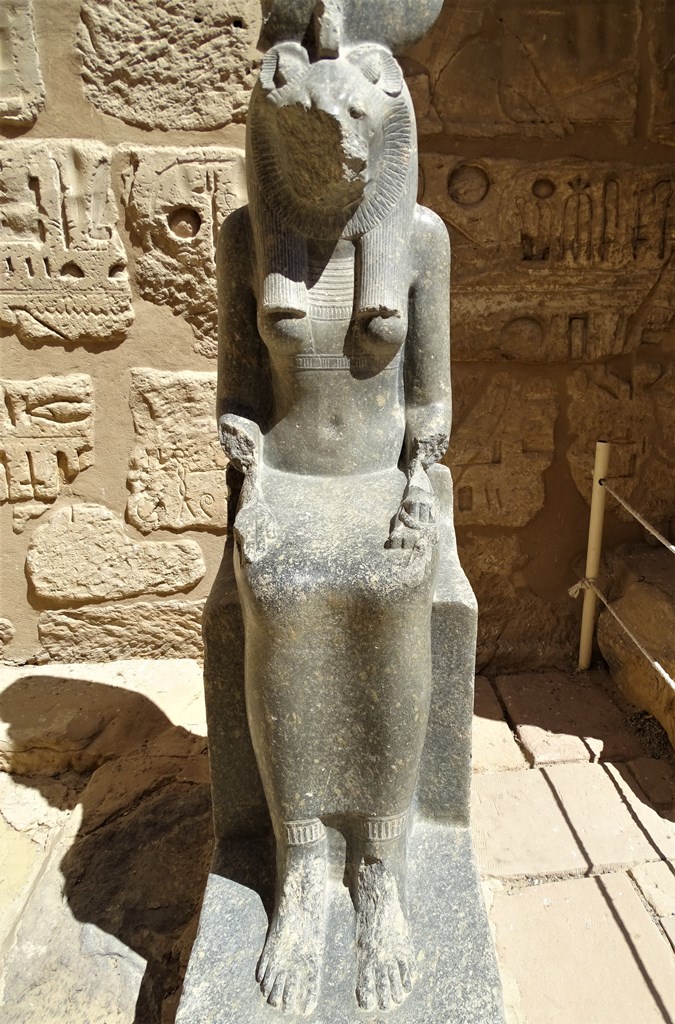Amenhotep. Deir El-Medina. Ramesses
West Bank of the Nile
Luxor
Luxor Governorate
Arab Republic of Egypt
March 2, 2020
Hello,
It’s a busy day for me on the West Bank of the Nile in Luxor.
My first stop is at the Colossi of Memnon: two colossal seated statues of Amenhotep III, 14th Century BCE. Adjacent to his legs are carvings of his mother and his wife.
https://en.wikipedia.org/wiki/Colossi_of_Memnon
The second stop requires a decision: Do I visit the Valley of the Kings or the Valley of the Queens? My proclivity has always been towards the “working man” so I chose the Valley of the Artisans - the Necropolis of Deir El-Medina.
I crawl my way down the narrow, low clearance passageways to visit TT 218 and TT 219. The Theban Tombs were constructed near their village and were decorated by the artisans for the eventual burial place of the artisans. (Thebes is the ancient Greek name for Luxor.)
https://www.metmuseum.org/toah/hd/srvt/hd_srvt.htm
The final stop is at the Medinet Habu – a colossal tribute to the military prowess of Ramesses III, 12th Century BCE. Ramesses is credited with repelling the invading “Sea Peoples” who had dominated the Mediterranean for three centuries.
The Medinet is the fun part of the day: I meet lots of lively kids on a school visit here, and a few pretty young university ladies from Cairo.

